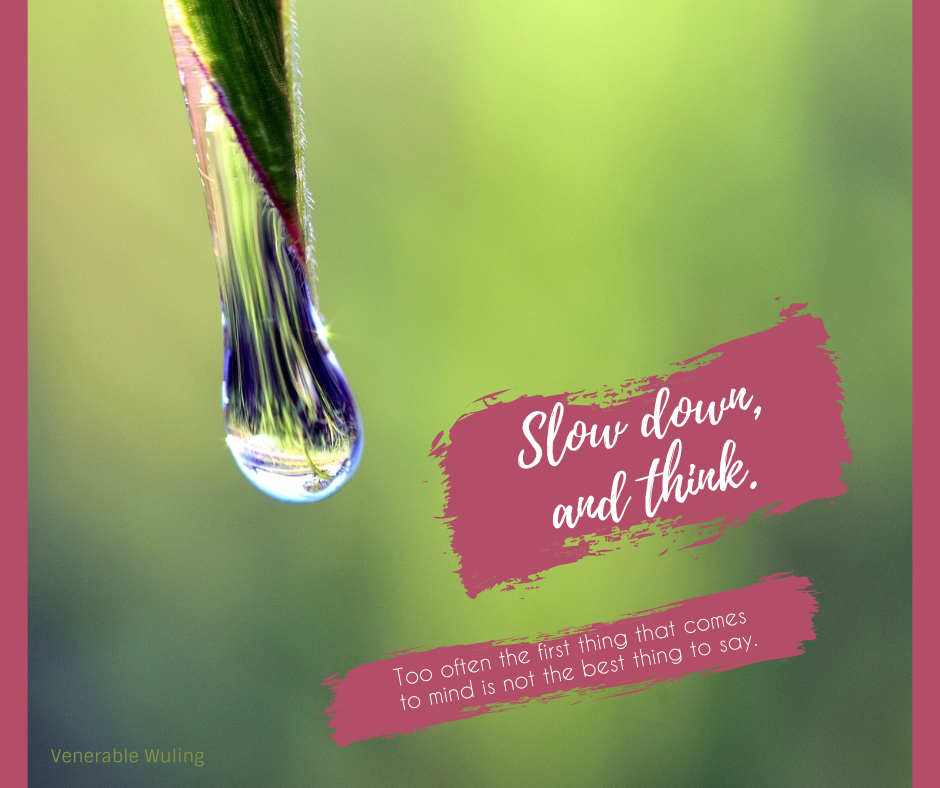 February 25, 2018
February 25, 2018 Why bad things happen to good people.
Upon seeing an unscrupulous person experience misfortune, most of us would probably not consider it unfair. But it does seem unfair when someone who does everything we know to be right undergoes one misfortune after another.
What happened to cause and effect?
Well, nothing.
We’ve just seen a sliver of the person’s actions in one lifetime; we have no idea how he behaved in others. He, and each of us, undergoes the just consequences incurred through past misdeeds. So his current misfortune is fair.
But wait.
What we also don’t know is what would have happened if he hadn’t been so good in his present lifetime. Very possibly his difficulties would have proved far more severe: perhaps death or impoverishment instead of his broken leg or financial setback. Due to current selfless and ethical behavior, the severity of destined hardships will lessen as karmic retributions ease.

